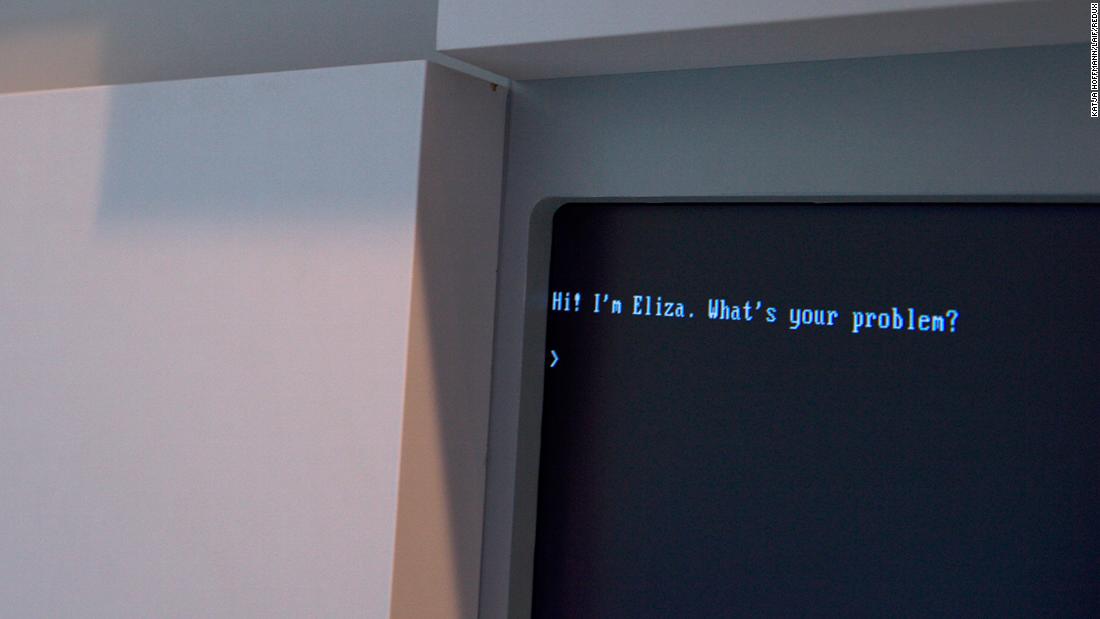
Chatbots: A long and complicated history
CNN
In the 1960s, an unprecedented computer program called Eliza attempted to simulate the experience of speaking to a therapist. In one exchange, captured in a research paper at the time, a person revealed that her boyfriend had described her as "depressed much of the time." Eliza's response: "I am sorry to hear you are depressed."
Eliza, which is widely characterized as the first chatbot, wasn't as versatile as similar services today. The program, which relied on natural language understanding, reacted to key words and then essentially punted the dialogue back to the user. Nonetheless, as Joseph Weizenbaum, the computer scientist at MIT who created Eliza, wrote in a research paper in 1966, "some subjects have been very hard to convince that ELIZA (with its present script) is not human."





















 Run 3 Space | Play Space Running Game
Run 3 Space | Play Space Running Game Traffic Jam 3D | Online Racing Game
Traffic Jam 3D | Online Racing Game Duck Hunt | Play Old Classic Game
Duck Hunt | Play Old Classic Game